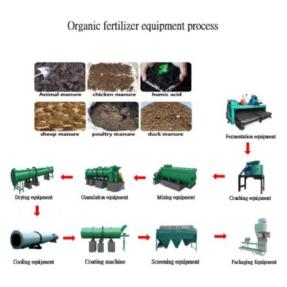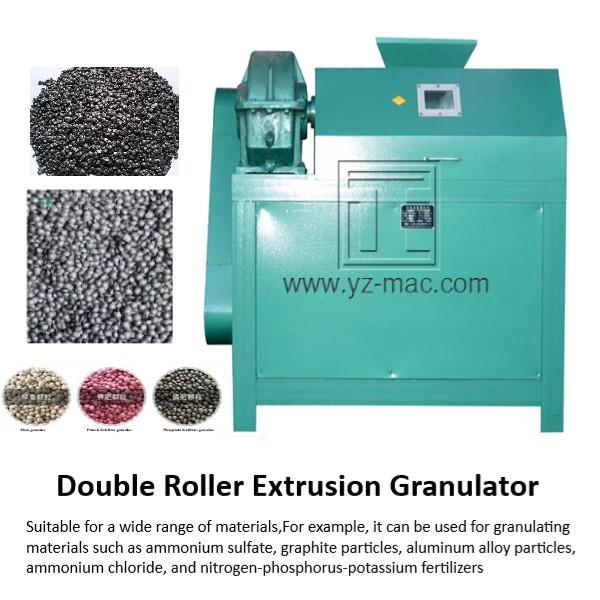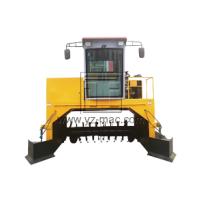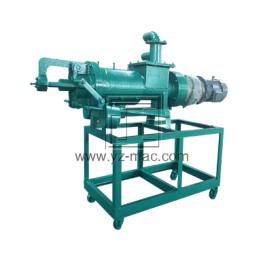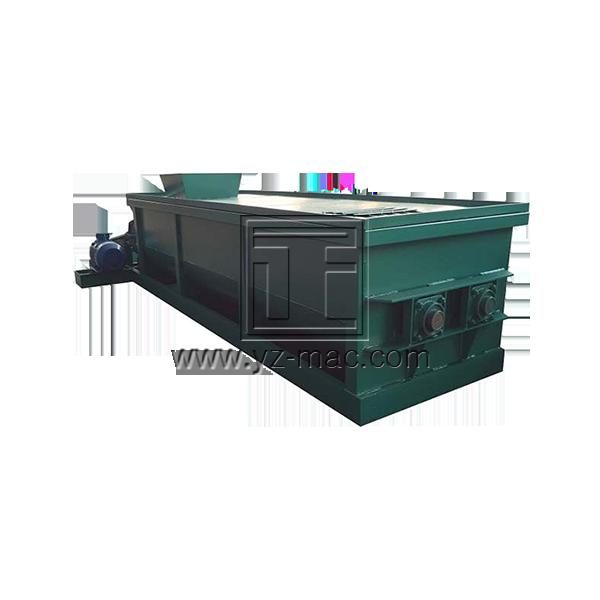Rotary drum composting
Rotary drum composting is a highly efficient method of processing organic waste materials into nutrient-rich compost. This technique utilizes a rotating drum to create an optimal environment for composting, ensuring effective decomposition and transformation of organic waste.
Benefits of Rotary Drum Composting:
Rapid Decomposition: The rotating drum facilitates efficient mixing and aeration of organic waste, promoting rapid decomposition. The increased airflow within the drum enhances the activity of aerobic microorganisms, leading to faster breakdown of organic materials into compost.
High Composting Efficiency: Rotary drum composting offers high composting efficiency due to its controlled environment. The drum maintains the ideal temperature, moisture, and oxygen levels required for optimal microbial activity, ensuring effective decomposition and minimizing the risk of odor generation.
Reduced Odor and Pathogens: The enclosed design of the rotary drum minimizes odor emissions and helps contain potential pathogens within the composting system. This ensures a cleaner and more hygienic composting process, making it suitable for urban environments or areas sensitive to odor concerns.
Versatile Applications: Rotary drum composting can be applied to a wide range of organic waste materials, including food scraps, yard trimmings, agricultural residues, and more. It is suitable for various settings, including residential, commercial, and municipal composting facilities.
Working Principle of Rotary Drum Composting:
Loading and Mixing: Organic waste materials are loaded into the rotary drum composting system. The drum rotates at a controlled speed, ensuring proper mixing and homogenization of the waste.
Decomposition and Heat Generation: As the organic waste decomposes, microbial activity generates heat within the drum. The rotating action facilitates the distribution of heat, accelerating the decomposition process.
Aeration and Moisture Control: The rotating drum allows for the continuous exchange of oxygen and moisture. This promotes aerobic conditions, supporting the growth of beneficial microorganisms and ensuring optimal composting conditions.
Maturation and Curing: Once the organic waste has undergone sufficient decomposition, the compost is discharged from the drum. It then undergoes maturation and curing processes to further stabilize and refine the compost before it is ready for use.
Applications of Rotary Drum Composting:
Municipal Composting Facilities: Rotary drum composting systems are widely employed in municipal composting facilities to process large volumes of organic waste generated by communities. This includes food waste from households, restaurants, and institutions, as well as yard trimmings and green waste.
Commercial and Industrial Composting: Various industries, such as food processing, agriculture, and horticulture, utilize rotary drum composting for their organic waste management needs. This helps divert waste from landfills and creates valuable compost for soil enrichment and other applications.
Agricultural and Farming Operations: Rotary drum composting is used on farms and agricultural operations to manage crop residues, animal manure, and other agricultural waste. The resulting compost can be used as a nutrient-rich soil amendment, promoting sustainable farming practices and reducing the reliance on synthetic fertilizers.
Community and Residential Composting: In community composting initiatives and residential settings, rotary drum composting provides a scalable and efficient solution for processing organic waste. It allows communities and individuals to recycle their kitchen scraps and yard waste, producing compost for local use or distribution.
Rotary drum composting is a highly efficient and effective method of managing organic waste. Its benefits include rapid decomposition, high composting efficiency, reduced odor and pathogens, and versatile applications. The controlled environment within the rotating drum ensures optimal composting conditions, resulting in high-quality compost that can be used in various agricultural, horticultural, and landscaping applications.



